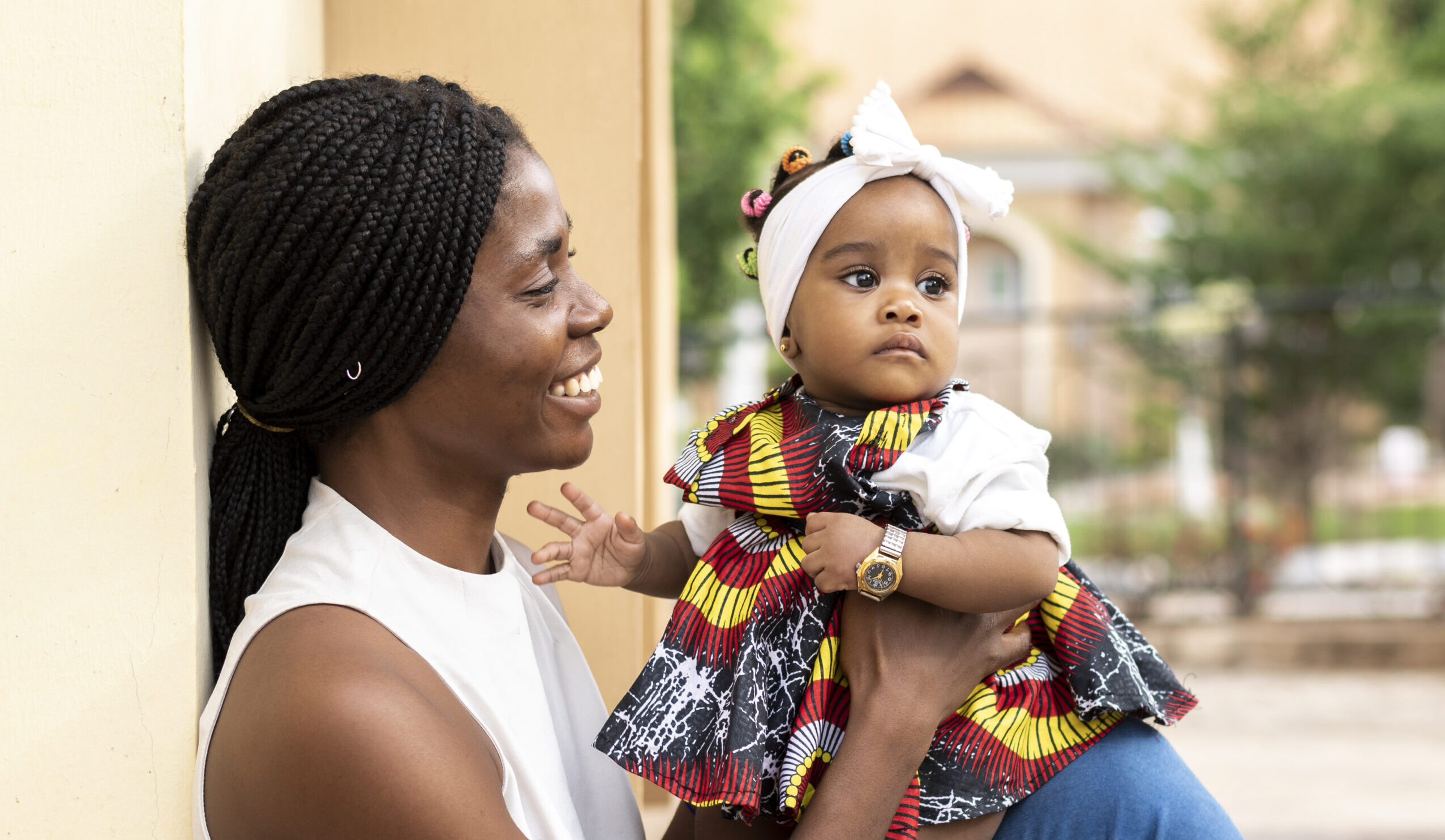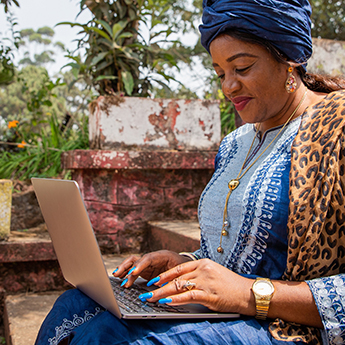
Resources
Advocacy Country Spotlight: Cameroon
Case Studies
FP2030 Resources
Previous

Is Health Insurance Coverage Associated with Impro...
Next

Family Planning Financing Roadmap
Topics:
Advocacy & Awareness
Policy & Enabling Environment
Case Study 1 of 2: Sex Education in Northwest Cameroon
Issue: Sex education is critical for helping adolescents and youth realize their reproductive health and rights. Northwest Cameroon stands to benefit greatly from a reproductive health curriculum that integrates sex education into schools while maximizing youth participation and reception. The summer before school resumed in September 2017 presented a window of opportunity to carry out advocacy work with local stakeholders and support local schools to pilot family planning education programs for students aged 10-18 in northwest Cameroon.
Action: With funding from FP2020’s Rapid Response Mechanism, Youth Health International (YHI) successfully trained 650 peer educators, 395 teachers, and 140 school nurses and school-linked clinic nurses on reproductive health communication and curriculum in schools. YHI also conducted three 8-hour training sessions with 50 stakeholders in each project site and held one-week training in sessions for 100 peer educators as reproductive health ambassadors in schools in each project site. Due to these trainings, over 109,500 adolescents attended 9300 school-based reproductive health training sessions, and 35 student-led Health Clubs were created.
Impact: Following YHI trainings, school-linked clinics reported a general increase in the number of adolescent students visiting health centers, particularly for emergency contraceptives, voluntary counseling, and HIV testing. This school-based movement, together with both regional and local advocacy efforts, resulted in a regional declaration signed by government, local, and parent stakeholders prioritizing school-based reproductive health programs. The Ministry of Education also committed to allocating budget lines for reproductive health education and the inclusion of a reproductive health curriculum in schools on a larger scale.
Case Study 2 of 2: Costed Action Plans
Issue: As of 2017, many district and municipal policymakers had yet to designate specific budget lines for family planning (FP) programming. The months leading up to the 2017 budget cycle for August-September and general elections presented a vital opportunity for advocates to secure funding for family planning programs assisting women of reproductive age.
Action: With funding from FP2020’s Rapid Response Mechanism, YHI conducted training seminars for policymakers, religious leaders, and civil society representatives in 15 municipalities to support FP as a priority for health programs and budgets. Following these capacity-building sessions, YHI followed up with trainees and coordinated the development of municipal-level FP action plans to ensure that FP is well-positioned in programming and budgeting through 2020, in line with the country’s FP2020 commitment. A Costed Action Plan (2018/2019) was developed, approved, and included in communal development plans by various district health services, the Ministry of Health, CSOs, and local government and is currently under implementation.
Impact: For the first time in the country, fifteen mayors allocated portions of their 2018/2019 budgets to family planning activities, including the purchase of contraceptives ranging from 2 million CFA ($3,700) to 5 million CFA ($9,000). This was estimated to benefit more than 330,000 women of reproductive age in these communities. Five radio houses furthermore opted to provide weekly free space and air-time for family planning issues beginning January 2018.








